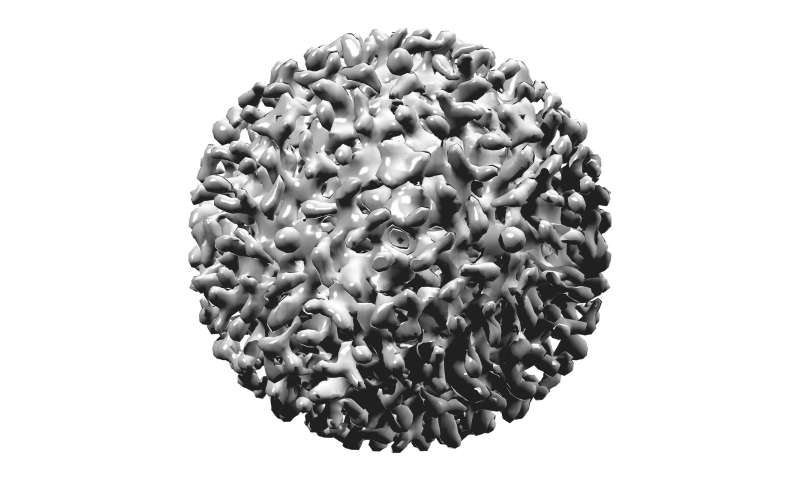
Chronic hepatitis B infections represent a global health problem that could hitherto only be treated by chemotherapy. A team of researchers led by Rudolf Valenta from MedUni Vienna’s Center for Pathophysiology, Infectiology and Immunology has now demonstrated that a protein contained in the BM32 vaccine against grass pollen allergy induces antibodies that prevent the hepatitis B virus from docking onto liver cells. The study has been published in EBioMedicine.
Chronic hepatitis B (HBV) it is a serious viral disease associated with inflammation of the liver. According to World Health Organization (WHO) estimates, there are currently more than 250 million sufferers worldwide. HBV is usually treated with nucleoside and nucleotide analogs or with interferon. However, these forms of treatment have many side effects. Current vaccinations to protect against HBV are based on the S protein, a specific component of the HB virus, but are not effective in 10 to 20% of cases.
Using data from 128 people vaccinated against grass pollen allergy, a research group led by Rudolf Valenta from MedUni Vienna’s Center for Pathophysiology, Infectiology and Immunology has now shown that this BM32 vaccine induces antibodies exactly at the site where the virus binds to the liver cell, thus preventing infection. Different dosage regimes were tested, and various cross-reactions investigated. The vaccinated people formed antibodies that are capable of recognizing and fighting all known forms of the virus. The antibody count appears to be high enough not only to prevent the chronic form of hepatitis B, but also to serve as a treatment. It would then be possible to interrupt the cycle of viral infestation of the liver cells and to achieve immunization.
Source: Read Full Article
